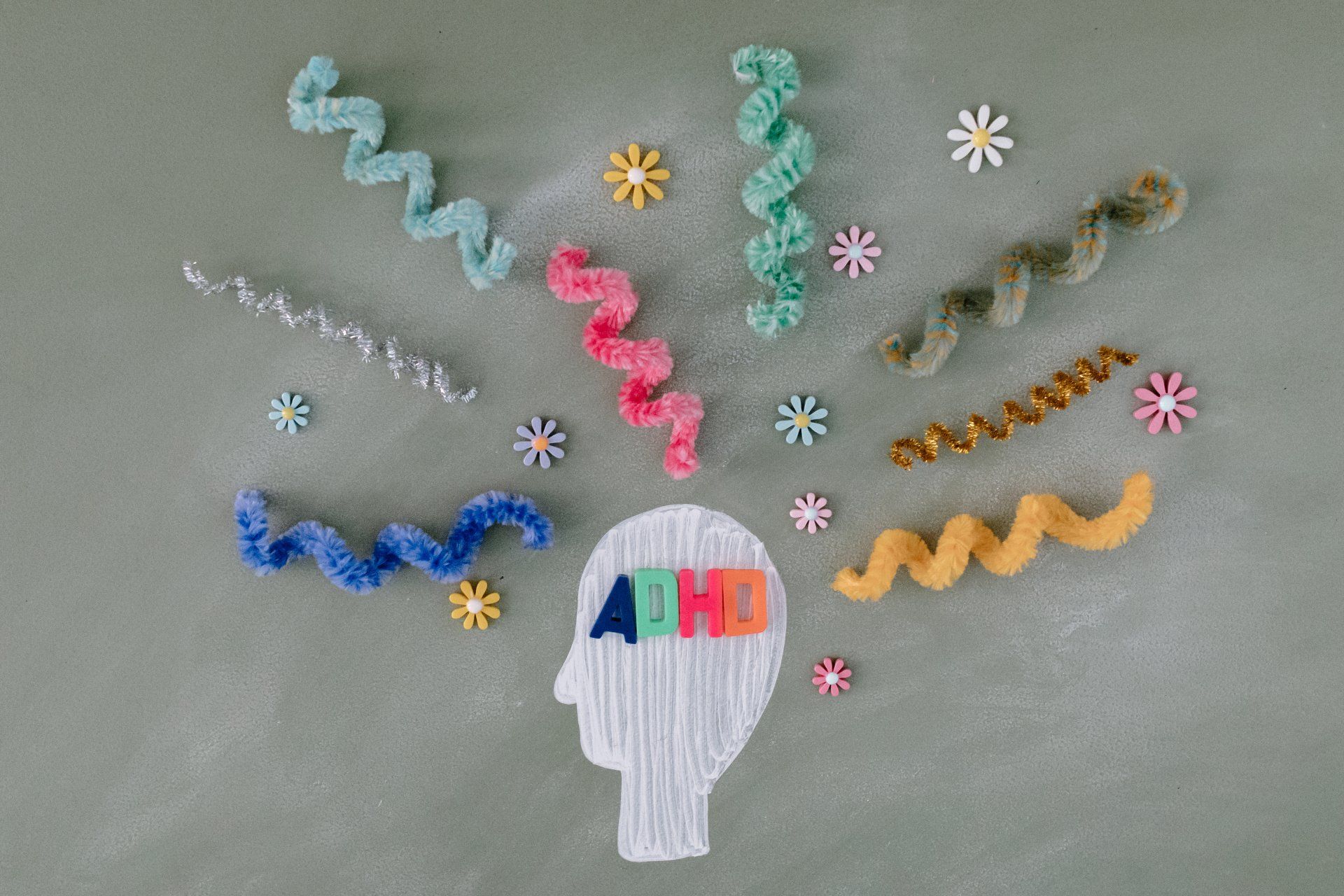How to Inspire Your Kids About Healthy Living
As a parent, fostering a positive environment for your children to grow is a lifelong mission. One of the foundational aspects of this environment is health – teaching kids about healthy living empowers them with the tools to lead fulfilling lives. From the physical benefits to the mental well-being, the impact of healthy habits is profound. This blog post is your guide to instilling health-conscious practices in your children, encouraging positive lifestyle choices from a young age.
When it comes to health and wellness, a naturopathic approach emphasizes the body's natural ability to heal itself through a balance of natural remedies, healthy diet, and lifestyle changes. Integrating this philosophy with parenting can lead to lifelong, holistic well-being for your children. Whether making nutritious food choices or getting enough exercise, here's how you can inspire your kids to embark on a journey of wellness.
Lead by Example
Children are sponges for behaviour, imitating what they see in their role models. As a parent, this is your window to model healthy living. Start by showcasing daily routines that prioritize health.
Showcasing Healthy Behaviours and Choices
Make your children a part of your healthy activities. Perhaps you exercise together, whether it's a morning yoga session or an evening walk. Explain why you choose certain foods – the benefits of whole grains, fruits, and vegetables, and moderation with treats. Showing them your own dedication to health sets a powerful precedent.
Incorporating Physical Activities into Daily Routines
Daily activity isn't just about structured sports. It's the small things like taking the stairs, playing tag in the backyard, or even dancing in the living room. By integrating these activities into your family schedule, you show your kids that being active is a natural part of life, not just a scheduled event.
Make Healthy Eating Fun
The dinner table should be a place of pleasure, not pressure. Creating a positive association with healthy eating can be the key to long-term nutritious choices.
Creative Meal Ideas and Recipes
Experiment with colourful ingredients and eye-catching dishes that not only taste good but also look fun. Transform traditional recipes into healthier versions. Why not make watermelon popsicles instead of store-bought ones, or create rainbow plates with a variety of colourful vegetables?
Involving Children in Meal Planning and Preparation
Ask for your child's input when planning meals. What would they like to eat this week? Encourage them to help in the kitchen, whether it's washing vegetables, stirring a pot, or setting the table. This involvement gives them a sense of responsibility and pride in the food they've prepared.
For more on healthy eating for kids Click Here
Encourage Outdoor Activities
The great outdoors is a natural playground that offers immeasurable benefits for growing bodies and curious minds.
Benefits of Outdoor Play and Exercise
Explain the advantages of fresh air and sunlight – they help the body produce Vitamin D, which is essential for development and can elevate moods. Outdoor play also means less structured rules, allowing children to explore and create games that develop social skills and problem-solving abilities.
Organizing Family Outings and Nature Walks
Spending time in parks, camping, or just taking a walk to explore the surroundings can be exciting for children. Make it a family ritual and point out how amazing nature is – from the beauty of a sunset to the ingenuity of building a sandcastle.
Limit Screen Time
In the digital age, balance becomes even more critical. Devices are powerful tools, but they need to be wielded with care.
Setting Boundaries for Electronic Devices
Create clear rules around when and how devices can be used. For example, no screens during meals or for an hour before bedtime. Making these rules family-wide also means parents must participate, reinforcing the idea that everyone is in it together.
Promoting Alternative Activities like Reading or Playing Games
Encourage hobbies that don't involve a screen. Reading, arts and crafts, board games, puzzles – the options are vast. These activities not only keep the mind engaged but also provide a break from the constant stimulation that electronic devices offer.
Teach the Importance of Sleep
The value of sleep is often overlooked, but it's integral to a child's development and well-being.
Establishing Consistent Sleep Routines
Routines help signal to the body that it's time to wind down. From brushing teeth and reading a bedtime story to a kiss goodnight, the sequence should be predictable and comforting.
Creating a Calming Bedtime Environment
Sleep environment matters. Ensure the room is dark, quiet, and at a comfortable temperature. Consider introducing a white noise machine, soft music or storytelling to help lull them to sleep. Teach them to see bedtime as a sanctuary for rest and replenishment.
Check out this article on treating insomnia in kids
Introduce Natural Remedies
Naturopathic medicine offers a gentler approach to health care, involving natural treatments for common ailments.
Exploring the Benefits of Naturopathic Medicine
Educate children about the power of natural remedies – from herbal teas for a sore throat to the restorative properties of honey or the soothing touch of aloe vera for a skin irritation. Show them the process of creating these remedies, involving them in the preparation. The experience can be both educational and empowering.
Incorporating Natural Remedies for Common Ailments
Keep a few key natural remedies on hand for when your child is feeling under the weather. Equip them with the knowledge and tools to manage minor ailments naturally, stressing the importance of listening to their body and responding with care.
Conclusion
Fostering healthy habits in children isn't just about the short-term actions you take. It's about setting a course for a lifetime of health and well-being. By leading through example, making healthy living enjoyable, and teaching the value of natural health, you contribute to a foundation that your kids will carry with them into adulthood.
The investment in your child's health today is an investment in their tomorrow. It may not always be an easy path, but the rewards are immeasurable. Your guidance and inspiration will shape their choices and, ultimately, their futures. Embrace the journey of inspiring your children to live healthfully – it's one of the most precious gifts you can give them.









